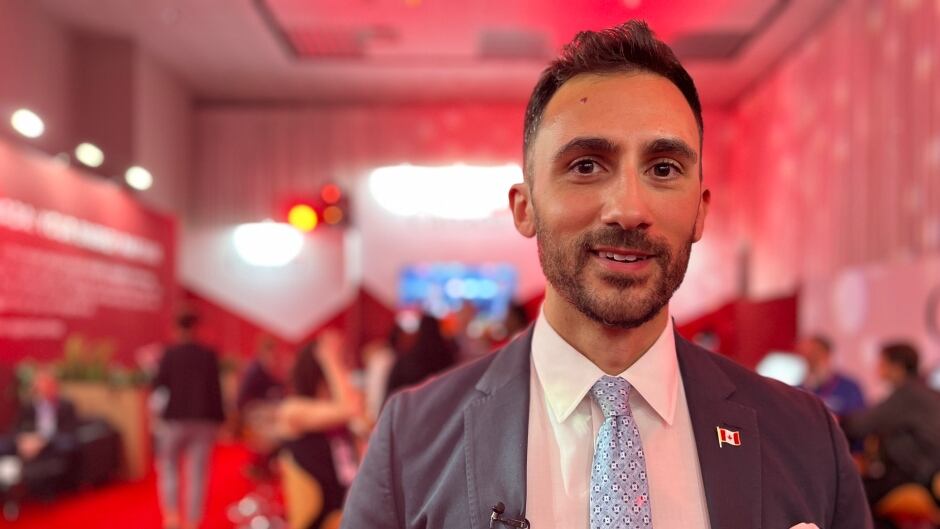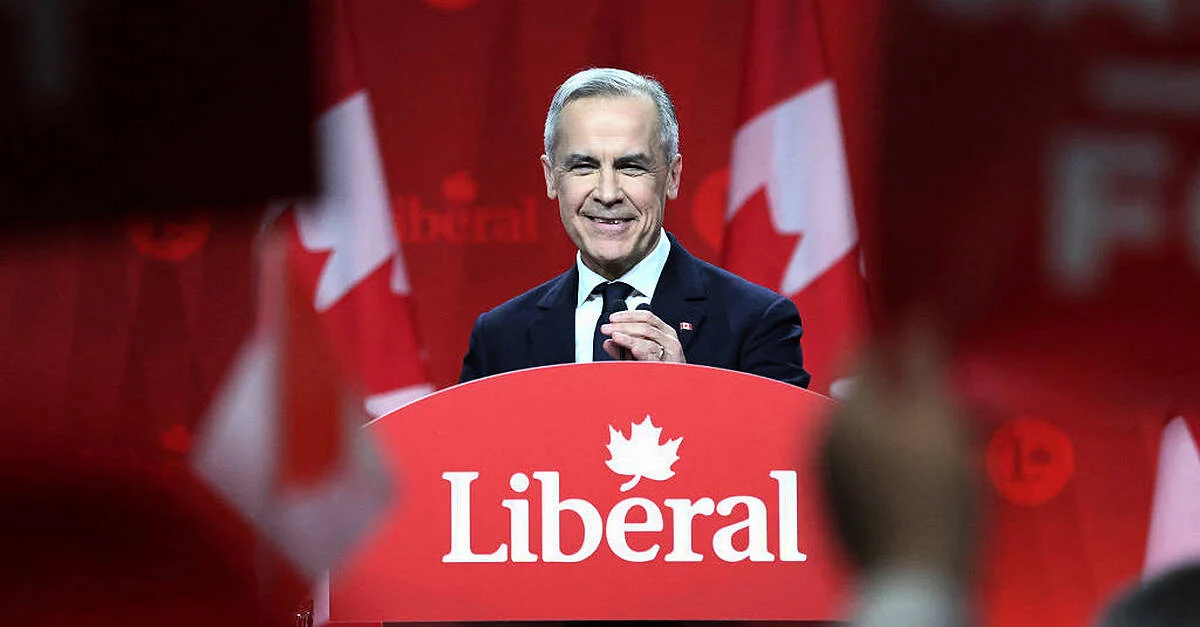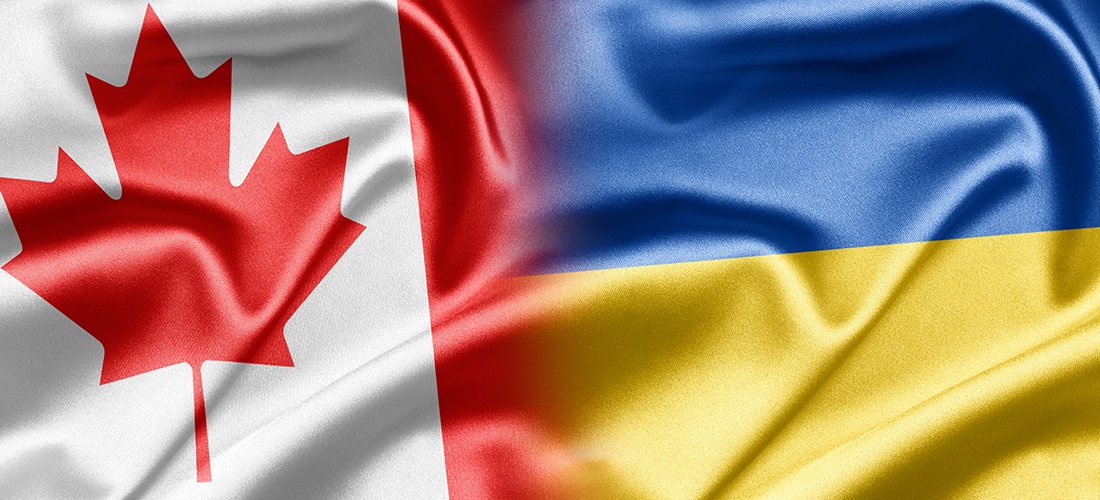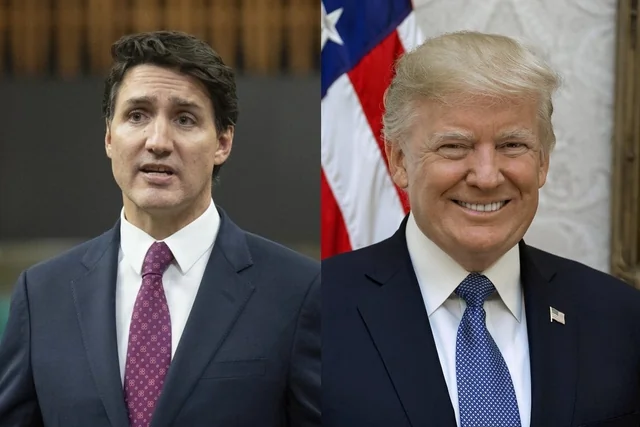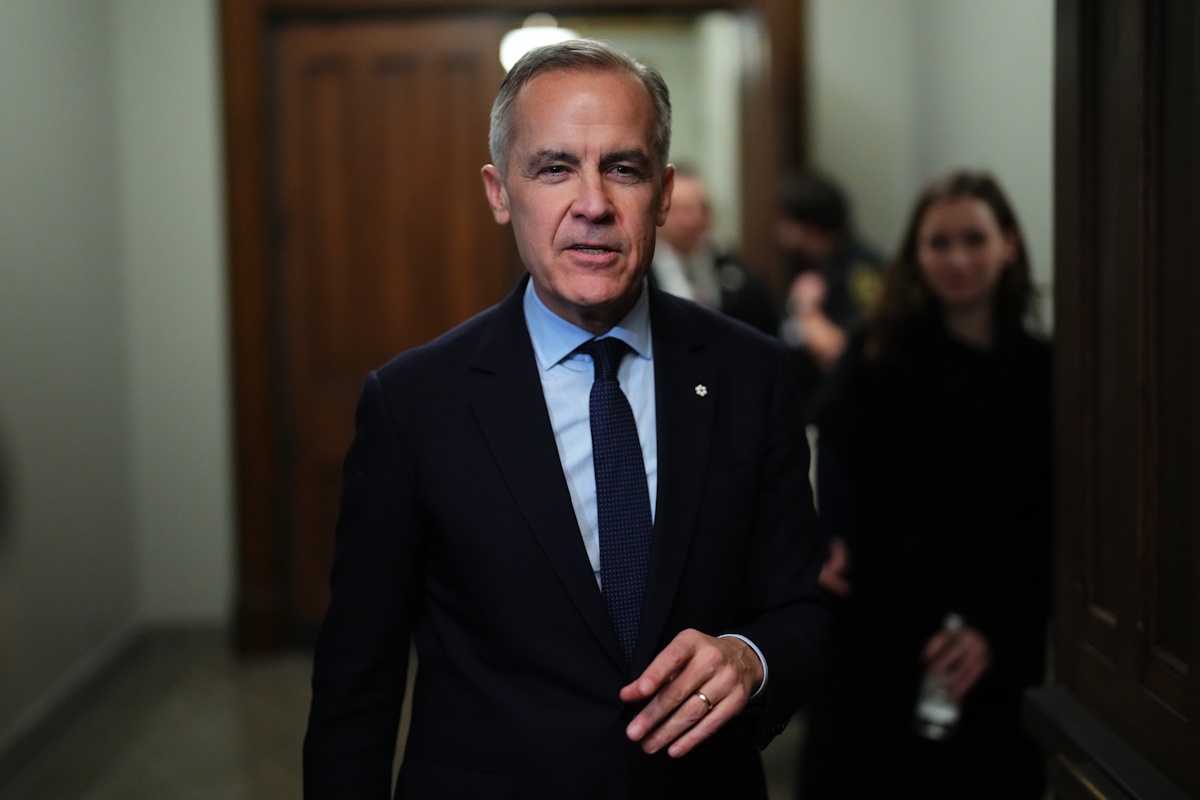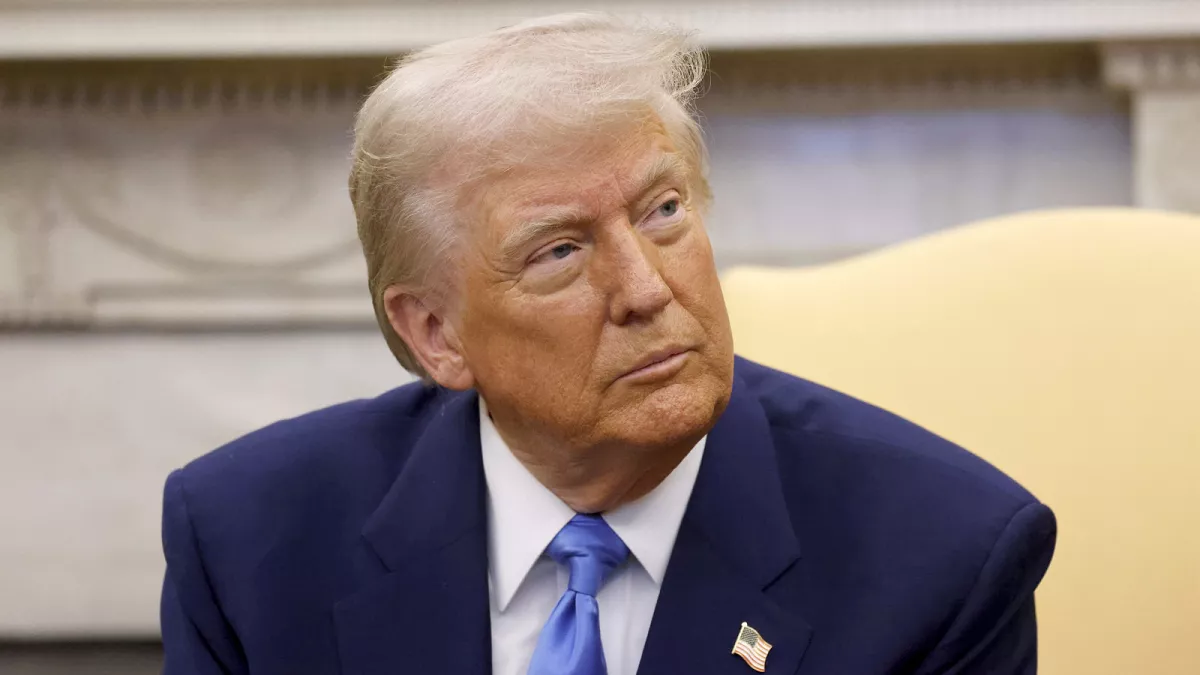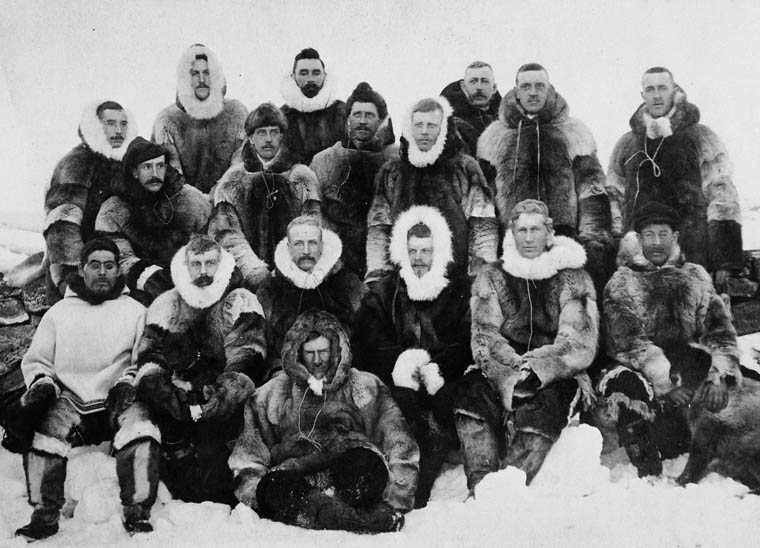In the midst of a tense tariff standoff, Canadian politicians in Houston took the opportunity to express their frustrations with the United States, all while maintaining the trademark politeness associated with Canada.
“I don’t think friends treat each other like this,” said Alberta Energy Minister Brian Jean during a panel at CERAWeek by S&P Global, which also included Ontario Energy Minister Stephen Lecce and Saskatchewan Premier Scott Moe. The three were in Texas amid a rapidly shifting tariff dispute, in which Ontario Premier Doug Ford had introduced a 25% surcharge on electricity exports to the U.S. While U.S. President Donald Trump responded with significant tariffs on Canadian steel and aluminum, both sides ultimately agreed to step back and engage in dialogue.
Lecce Expresses Disappointment
Despite the apparent thaw, Lecce expressed his offense rather than anger, explaining his personal connection to the situation. “I think about my own dad, who immigrated through Ellis Island, New York. I mean, we are family, and this is unjust,” Lecce shared in an interview with News.
The terms “family” and “friends” were frequently used throughout the panel to describe the Canada-U.S. relationship. Moe acknowledged that while disagreements are a natural part of close relations, he emphasized that tariffs and counter-tariffs do not help the broader North American “family.”
Economic Repercussions Felt on Both Sides
The economic uncertainty surrounding the tariffs was reflected in the stock market, where indices took a sharp dip before recovering slightly by the day’s end. Canada’s Minister of Energy and Natural Resources, Jonathan Wilkinson, also in Houston, addressed the tariff issue with a firm but diplomatic tone.
“Canadians expect their government to stand up for them. They don’t expect us to be passive in the face of these actions,” Wilkinson remarked. He had recently met with U.S. Secretary of Energy Chris Wright, and while the two officials did not reach a resolution, Wilkinson noted that their discussion helped them better understand each other’s perspectives. He expressed hope that Wright, with his background in the oil industry, would advocate for de-escalating the tariff conflict.
Confusion Over Energy Tariffs
The White House had earlier announced a 10% tariff on Canadian energy imports, but confusion has arisen due to exemptions granted under the U.S.-Canada free trade agreement. When pressed by the media, Wright avoided specifics on the issue. Wilkinson clarified that most Canadian oil and natural gas now fall outside the tariff’s scope and suggested that trade relations between the two nations were actually improving.
Canada’s Unity Amidst Tensions
Despite the ongoing tensions, the tariff dispute has inadvertently fostered greater unity within Canada. Lecce remarked that he had never seen the country more united, with the shared frustration spurring efforts to invest in new infrastructure and explore additional export markets.
“We almost needed this push as a nation to realize our full potential,” Lecce said. While in Texas, he has been promoting Ontario’s nuclear industry to state-level officials, navigating the federal-level turmoil.
Limits to Unity
However, there are limits to this unity. When asked about how Mark Carney, the incoming federal Liberal leader, might handle the situation, Jean pointed out that Carney, who has not yet assumed office, has no mandate to take action. “Both prime ministers are lame ducks,” Jean remarked, referring to Carney and outgoing Prime Minister Justin Trudeau.
Ontario Premier Doug Ford is scheduled to meet with U.S. Commerce Secretary Howard Lutnick on Thursday to continue trade discussions.
A Call for Action
As the situation continues to unfold, Lecce said he expects Canada to respond by addressing internal trade barriers, expanding trade beyond North America, and undertaking major infrastructure projects reminiscent of the Canadian Pacific Railway. “This is the moment for us to rise,” Lecce said, expressing optimism for Canada’s future despite the challenges at hand.

